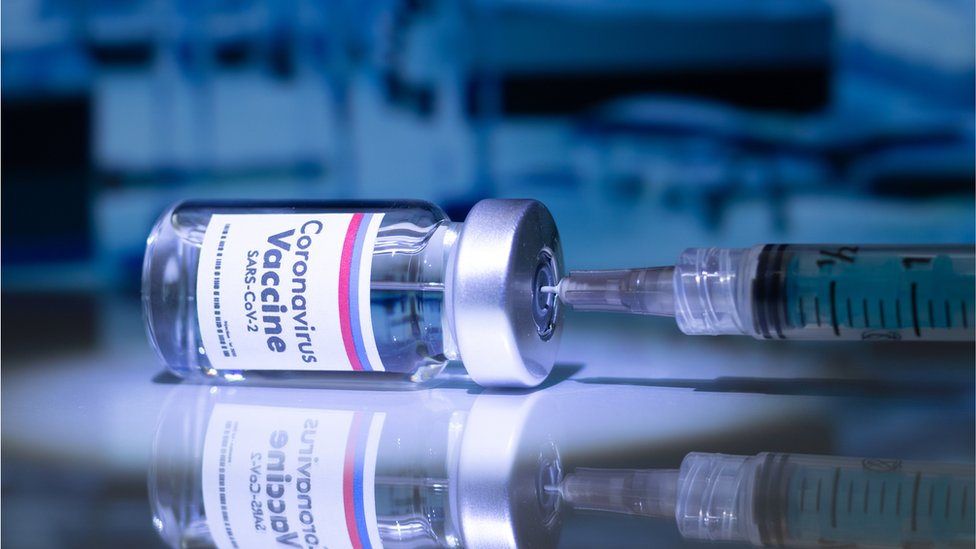What You Can Do Post-Vaccine, and When
Particularly in the early months of vaccination, many activities should wait, experts say — and plan to keep your masks.
Vaccines are here, bringing hope of the pandemic’s end. But even when you get your dose, it won’t mean an immediate return to life as you knew it.
Scientists cite several reasons for staying masked and cautious as you start your post-vaccine life. Vaccines don’t offer perfect protection; we don’t yet know whether vaccinated people can spread the virus; and coronavirus is likely to continue its rapid spread until a large majority of the population is vaccinated or has survived a natural infection.
Because vaccines will not be a ticket back to 2019, Uma Karmarkar, a neuroeconomist at the University of California, San Diego, recommends that people think about “how we are moving forward” instead of “getting back to normal.” (Neuroeconomics bridges neuroscience, psychology and economics.)
Vaccination provides you and society the best way to move forward. Some parts of life will begin to feel different as soon as the vaccine kicks in. Other changes will take longer. When it comes to thinking about what’s safe, it may help to think of post-vaccine life in several phases.
What’s safer to do once I’m vaccinated?

What You Can Do Post-Vaccine, and When
When people are fully vaccinated (a week or two after the second dose), but most others aren’t yet, their lives probably shouldn’t change very much, experts say. It will most likely be safer for them to do things like visit the grocery store or the post office. People who work in places that leave them highly exposed will significantly decrease their risk — which is why frontline workers are among the first to be eligible for the vaccine. But vaccinated people should still wear masks and avoid large groups and indoor gatherings when possible.
That’s important for both their health and the health of others, experts said. Scientists are waiting to learn if vaccinated people can spread the virus to others. (Early data on transmission seems promising, but vaccines are very unlikely to curb contagiousness entirely.)
Also, while early evidence suggests that the first vaccines in the U.S. reduce people’s risk of developing Covid-19 by around 95 percent, that still means a small fraction could get sick — and as long as the virus is as widespread as it is now, even that small share could be a big number.
“Five percent of a really high number is still a high number, and what you want is 5 percent of a relatively medium or low number,” said Dr. Ashish Jha, a physician and the dean of the School of Public Health at Brown.
In an informal survey of 700 epidemiologists by The New York Times, less than a third said they would change their behavior after they were vaccinated; half said they would wait until at least 70 percent of the population was vaccinated.
Kelsey Vandersteen, a trauma I.C.U. nurse at UW Health University Hospital in Madison, Wis., will receive her first injection on Wednesday — probably months ahead of her young daughters and husband, who works from home for a software company.
Even after her second shot, she doesn’t intend to change her behavior, including wearing a mask. She says she hopes this will model good behavior for others. Besides, she said: “I prefer the mask. It protects me from other stuff as well. We’ve been completely healthy — not a sniffle since March.”
What’s safer to do once my friends and family are vaccinated?
If you and the people you want to see are all vaccinated, it should be safer to socialize with them, including indoors, experts said. But being in large groups or traveling, when there’s no way to know if the people around you have been vaccinated, will remain risky, they said.
Eric Lofgren, an infectious disease epidemiologist at Washington State University, said at that point, he would restart in-person board game nights and one-on-one meetings with students, but he wouldn’t fly on vacation or go to a movie theater.
“Immunity is not an on/off switch; it’s a dial,” he said. “If you’re below herd immunity, the virus is still happily circulating in the population and there’s always a chance the vaccine isn’t working for you.”







